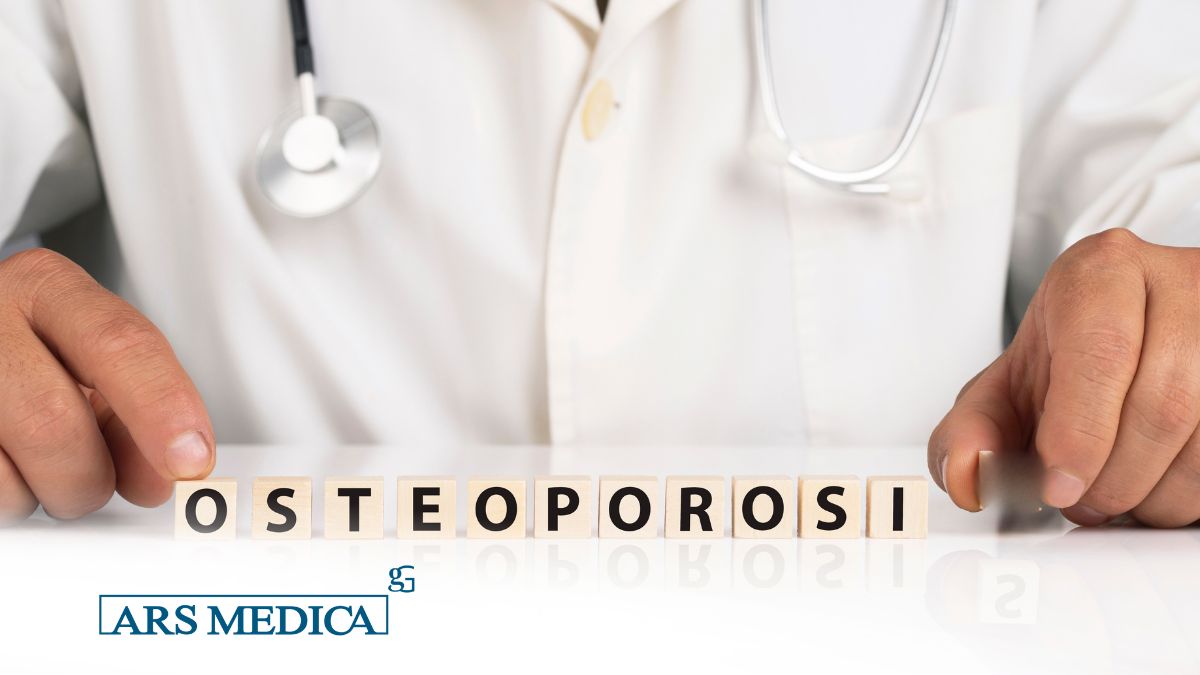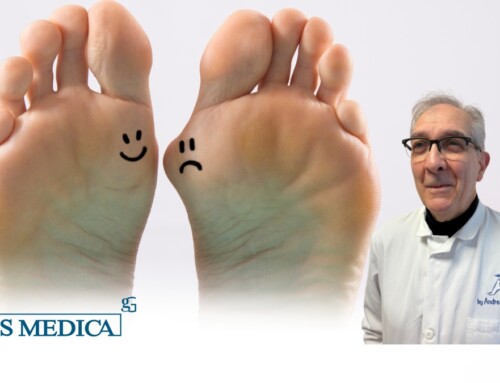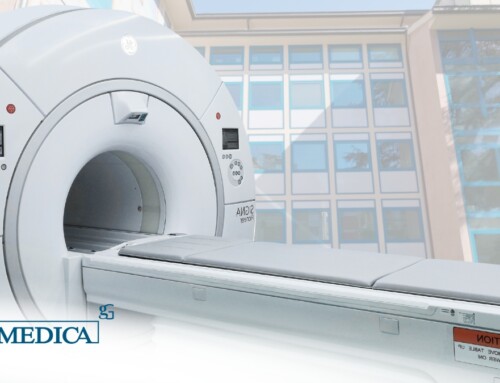
Articolo del 11/07/2025
With the arrival of summer and the increase in outdoor activities, it’s essential to pay special attention to the health of older adults—particularly when it comes to osteoporosis and the risk of fractures. These conditions remain a leading cause of disability and loss of independence in the elderly population. However, with the right preventive approach, the risks can be significantly reduced.
What Is Osteoporosis—and Why Is It So Dangerous?
We spoke with Dr. Athos Gentile, geriatrician and Medical Director of Ars Medica Clinic in Rome.
“Osteoporosis is a condition characterized by a reduction in bone mass and a deterioration of skeletal microarchitecture,” explains Dr. Gentile. “This makes bones more fragile and more prone to fractures. The danger lies in the fact that osteoporosis often progresses silently—without noticeable symptoms—until the first fracture occurs, which can have a major impact on a person’s quality of life.”
Prevention: The Key to Staying Active and Independent
Dr. Gentile emphasizes that prevention remains the most powerful tool in fighting osteoporosis:
“Maintaining a healthy lifestyle—rich in calcium and vitamin D, engaging in regular physical activity, and minimizing risk factors such as smoking and excessive alcohol intake—is crucial.
In addition, regular check-ups, including bone density testing (DEXA scans), allow for early detection of bone loss and timely intervention.
And let’s not forget the value of a daily walk in the sun, even just 20 minutes outside of peak heat hours. Sunlight is one of our bones’ best allies, thanks to its role in natural vitamin D synthesis.”
Would you like this formatted into a web article, patient handout, or email campaign? I can also create SEO-friendly titles and summaries if needed.
Which Tests Are Recommended for Osteoporosis Prevention?
Bone Mineral Density (BMD) Testing, commonly known as a DEXA scan (Dual-Energy X-ray Absorptiometry), is a non-invasive diagnostic tool used to measure bone mineral density. It is crucial for assessing fracture risk, diagnosing osteoporosis, and monitoring bone density in at-risk individuals.
Recommended blood tests include:
-
Vitamin D3: Essential for evaluating calcium absorption in the intestines.
-
Calcium Levels (Calcemia): To monitor circulating calcium in the blood.
-
Magnesium: Necessary for the synthesis of active vitamin D and bone metabolism.
-
Parathyroid Hormone (PTH): Regulates blood calcium levels.
-
Calcitonin: Plays an important role in regulating calcium and phosphate metabolism in the body.
The Role of Ars Medica Clinic
Thanks to the expertise of its multidisciplinary team, Ars Medica offers personalized programs for the prevention, diagnosis, and treatment of osteoporosis, including home care services for patients requiring assistance at home.
“Our goal is to help elderly patients maintain the highest possible level of independence by reducing fracture risk and improving their quality of life,” concludes Dr. Gentile.
With summer approaching, it’s the perfect time to reflect on the importance of bone health and the prevention of osteoporosis-related complications. As Dr. Gentile reminds us:
“Starting with a consultation with a geriatric specialist is the best way to prevent further complications, especially during the warmer months, when bone health and frailty in the elderly become even more critical.”









